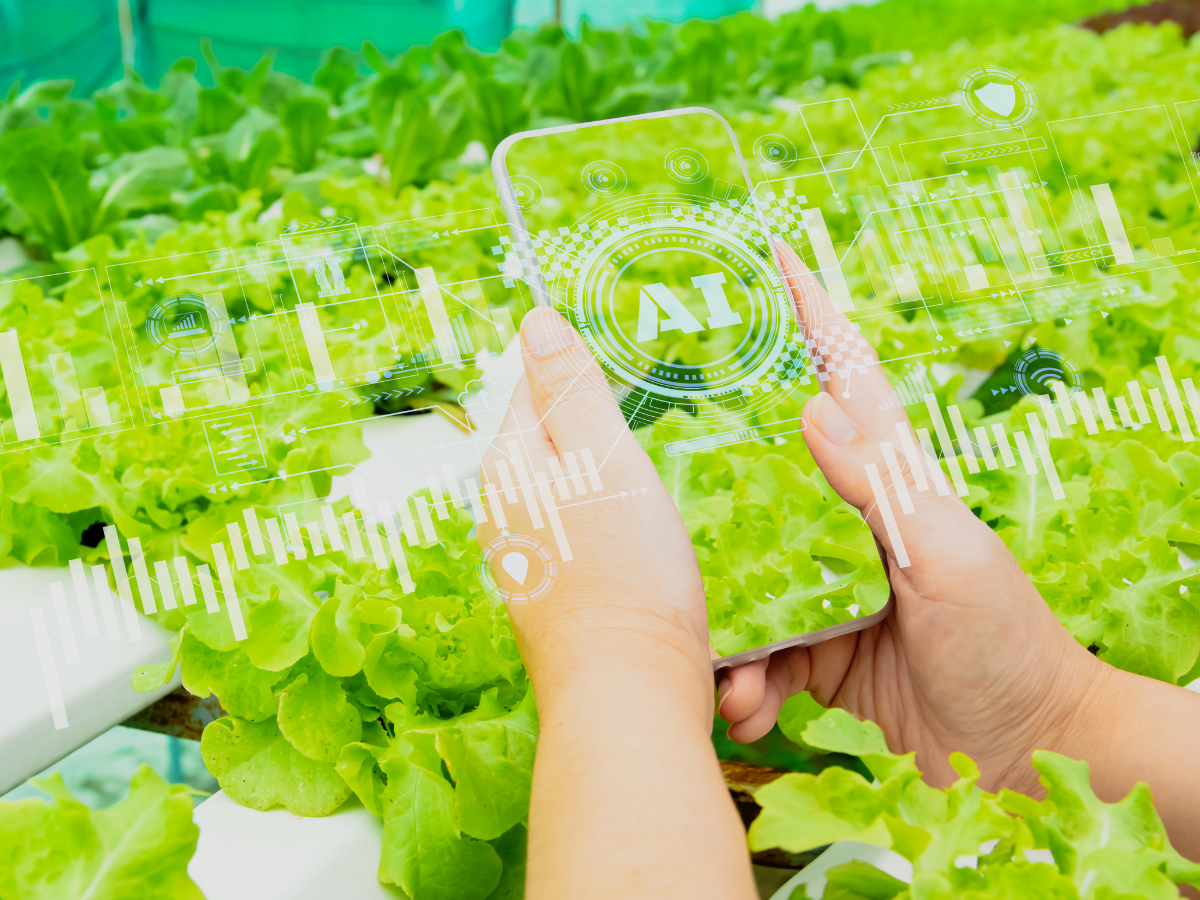Future-Proofing Agriculture: The Role of AgriTechs UK

In the face of climate change, population growth, and evolving consumer demands, the agriculture industry is undergoing a transformative shift. As we navigate these challenges, AgriTechs UK is at the forefront, playing a pivotal role in future-proofing agriculture. These innovative technologies not only enhance productivity and sustainability but also contribute to the resilience of the entire food supply chain.
Precision Farming
One of the key aspects of future-proofing agriculture is optimizing resource usage. AgriTechs UK are leveraging precision farming technologies to monitor and manage fields with unprecedented accuracy. Drones equipped with advanced sensors, satellite imagery, and IoT devices collect real-time data, allowing farmers to make informed decisions about irrigation, fertilization, and pest control. This not only boosts crop yields but also minimizes environmental impact by reducing the excessive use of water and chemicals.
Artificial Intelligence (AI) and Machine Learning
The integration of AI and machine learning in agriculture is revolutionizing the way farmers operate. These technologies analyze vast datasets to provide actionable insights, from predicting crop diseases to optimizing planting schedules. By continuously learning and adapting, AI-driven solutions empower farmers to make data-driven decisions, mitigating risks and improving overall efficiency. AgriTechs UK are developing smart algorithms that can predict market trends, helping farmers make informed choices about which crops to plant for maximum profitability.
Vertical Farming and Controlled Environment Agriculture
As urbanization intensifies, available arable land decreases. AgriTechs UK address this challenge by embracing vertical farming and controlled environment agriculture (CEA). These methods involve cultivating crops in vertically stacked layers or controlled environments such as greenhouses. This not only maximizes land use but also allows for year-round production, reducing the vulnerability of crops to external factors like adverse weather conditions.
Sustainable Practices and Circular Economy
Sustainability is at the core of future-proofing agriculture. AgriTechs UK are developing innovative solutions to promote sustainable farming practices. From precision application of fertilizers to the use of organic alternatives, these technologies help reduce the environmental footprint of agriculture. Additionally, AgriTech companies are championing the circular economy by finding ways to repurpose agricultural waste, turning it into valuable resources like bioenergy or organic fertilizers.
Robotic Farming and Automation
The adoption of robotics and automation in agriculture is a game-changer for UK farmers. Robotic systems can handle labor-intensive tasks such as planting, weeding, and harvesting with unmatched precision and efficiency. These technologies not only address the growing labor shortage in agriculture but also ensure that repetitive tasks are completed consistently, leaving farmers with more time to focus on strategic decision-making.
Connectivity and Digital Platforms
The future of agriculture is digital, and AgriTech companies are facilitating this transition through connectivity and digital platforms. These platforms enable farmers to access real-time information, connect with experts, and even engage in precision agriculture from remote locations. From smart irrigation systems to blockchain-powered supply chain traceability, these technologies enhance transparency, accountability, and collaboration across the entire agricultural ecosystem.
In conclusion, AgriTechs UK are playing a crucial role in future-proofing agriculture by embracing innovative technologies that enhance productivity, sustainability, and resilience. From precision farming and artificial intelligence to sustainable practices and robotic farming, these advancements are shaping the future of agriculture, ensuring that farmers can meet the challenges of tomorrow head-on. As we continue to navigate the complexities of a changing world, the collaboration between agriculture and technology will be key to building a resilient and sustainable future for the UK’s agricultural sector.






